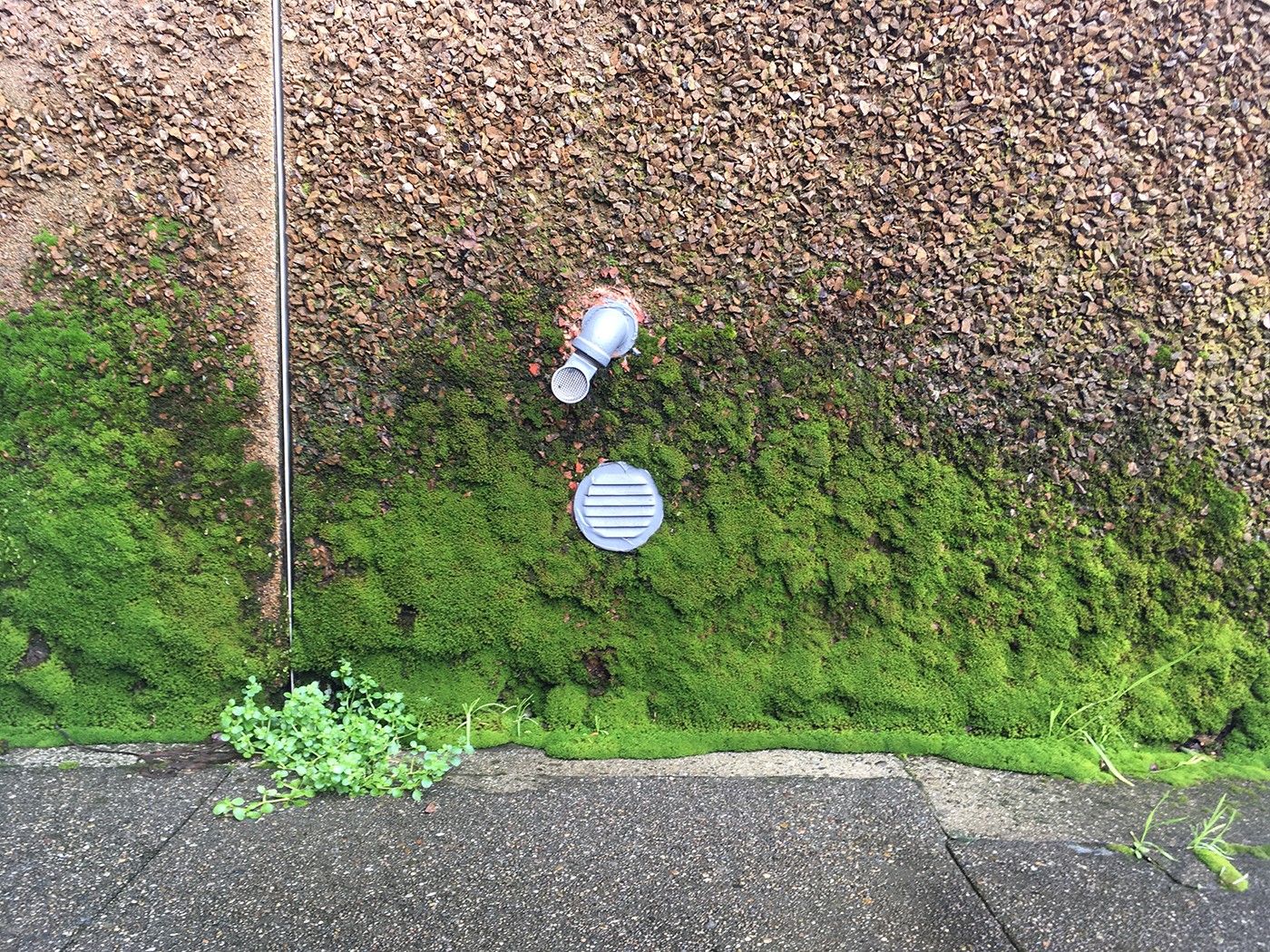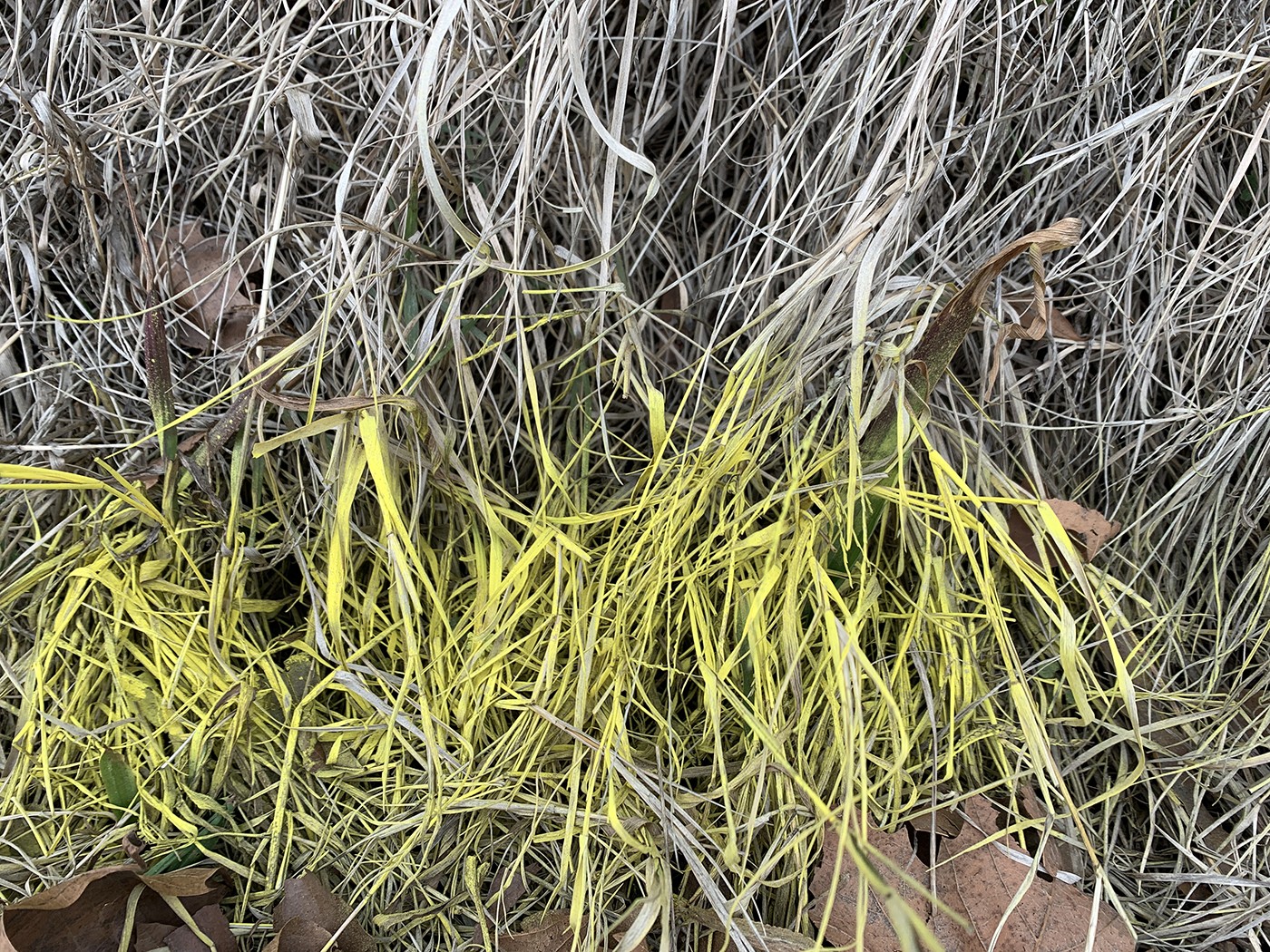In this article, Simon Craft demonstrates the power poetry holds to clarify the requirements and possibilities for revolutionary struggle and to promote utopian thinking.
“We have to tear our happiness from future days.” –Mayakovsky
The United States is still in the grip of a pandemic. The state is still sponsoring the murder of Black people. Like millions of others, I am currently unemployed, having been jettisoned from the workforce as soon as cities went into hibernation. Crowds have been piling into the streets to reclaim public space in opposition to the police. After months of sheltering in quiet solidarity with so many potential victims of Covid-19, I’ve been marching through San Francisco in a much louder expression of our collectivity. These are historic times, and I say this believing we are always in historic times, it is just occasionally more obvious.
In this extended period of waiting and wanting, my thoughts seem caught in a turbulence best expressed by two statements. The first is the famous Fredric Jameson adage: “It is easier to imagine the end of the world than the end of capitalism.” And the second, from prison abolitionist Ruth Gilmore Wilson, is that quote’s utopian antidote: “the future we want is the future we need.” This is the logic present in the current calls to abolish the police, end racialized capitalism, and fundamentally remake the world. As I attempt to bring these two poles into contact, reading poetry has felt like a ridiculous use of my time and a necessary one. Ridiculous because it feels so insufficient in relation to actually achieving a revolution. But necessary because it reveals and clarifies the requirements and possibilities of that struggle.

Utopia, I have realized, is literary not literal. It’s a horizon that recedes as it is approached, and for me, exists primarily as a method. What I mean is that any poem can be read for utopia. Originating from Thomas More, the word “utopia” is a pun, meaning both “no place” and “good place.” A utopic reading is one that attempts to map this dialectic. If utopia were a literal place, then it would be “no place” we currently inhabit and a “good place” we want to travel to. In the more figurative sense, the “good place” is an ideal or desire and the “no place” is simply our present: those conditions of fascist reaction, alienation, and racialized capitalism that must be negated to pursue the utopian.
A utopic poem is burdened with representing our moment, yet it can also call up an entire arsenal of formal poetic devices to “tell it slant” in pursuit of this negation. This is at the heart of what Jameson sees as utopia’s political use. “Utopia,” he writes:
is most authentic when we cannot imagine it. Its function lies not in helping us imagine a better future but rather in demonstrating our utter incapacity to imagine such a future– our imprisonment in a non-utopian present without historicity or futurity– so as to reveal the ideological closure of the system in which we are somehow trapped and confined.
Though not every poem is utopic, poetry as a genre is well suited to dwelling in impossibility and unknowing, to prioritizing the feeling and contradiction that is necessary for utopian thinking. This does not mean they offer the “good place” of Utopia as a simple prescription though. This is because, in the last instance, they understand the obvious: poetry does not change the world, people do.

However, what is most wanted during this crisis are solutions and it is difficult to find any. This is not because they don’t exist though, it’s only that we lack a grammar with which to easily speak of them or the consciousness with which to perceive them. For this, we can thank the mostly successful ideological project of neoliberalism, which has robbed us of the capacity to conceive of any future besides profit and extinction. Luckily, the ideological is also exactly where poetry can most easily intervene. This is why I see political efficacy in utopic poems: they consider absence as a form of imagining, and negation as a grammar with which we can begin to sort the “good place” of utopia from the “no place” we inhabit.
In asserting this “no place” of the present, utopic poetry affirms to us that the world is already over. This has been the case in the most essential ways for a majority of people a long time now. Coming to consciousness of this fact clears the way for new speculative futures to become possible and manifest. It turns out that Fredric Jameson adage presents a false predicament. To imagine the end of capitalism you must also imagine the end of the world. This is the seemingly impossible demand of utopic poetry, which is also a vital injunction: to unmake the world so we can work to remake it.
This article was adaption from a longer piece published on Full Stop Magazine:
https://www.full-stop.net/2020/11/30/features/essays/simon-crafts/impossible-demand-utopic-poetry/
All photos are by Elisabeth Nicula



